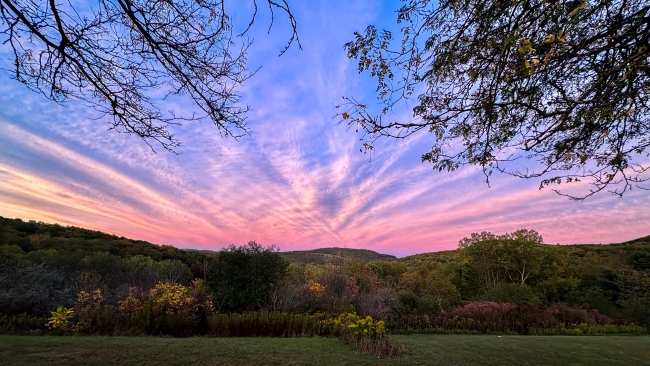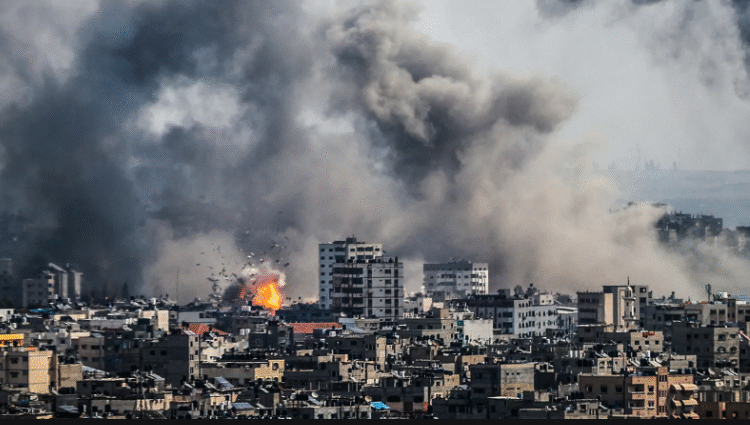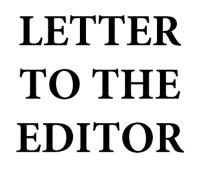“Silence is not neutral. It is a choice”
A COLUMN By Johanna Elattar
Seventeen-year-old Ahmad does not understand why he cannot go home. He wakes in the night screaming, terrified by dreams of soldiers. His father, Eyad, tries to comfort him, but Ahmad’s developmental challenges make the chaos harder to explain. “Mentally, he’s like a 10-year-old,” Eyad says. “He doesn’t understand why we can’t go home. I don’t know how to help him.”
This is Gaza today — a place where childhood has been replaced by crisis. UNICEF warns that nearly one in five children worldwide now wakes to hunger, rubble, or fear instead of a school bell. Gaza has become one of the most urgent examples, alongside Sudan and Syria.
For decades, Gaza’s residents have lived through cycles of blockade, bombardment, and uncertainty. But the most recent escalation — culminating in a full military takeover — has brought the crisis to a new level. Homes lie in ruins, infrastructure is shattered, and hospitals struggle to function under shortages and constant risk.

In every conflict zone, it is the civilians who pay the highest price. Parents in Gaza now face impossible choices: risk venturing out in search of food, or stay home and keep their children safe from shelling. Some families have been displaced multiple times within the past year alone.
These realities are not abstract. They are measured in the number of hours families go without clean water, in the cold meals eaten in darkness, and in the faces of children who have forgotten what it means to play without fear. Aid groups like UNICEF and the Red Crescent are working under extraordinary pressure, even as funding for humanitarian relief shrinks worldwide.
The debate over Gaza is often framed in political terms — maps, agreements, alliances. But for the people who live there, politics is not the daily reality. Survival is. A mother boiling rice over an open fire does not think of geopolitical borders; she thinks of whether she will have enough for her children to eat tonight.
History has shown us that prolonged military control, without a path to stability or dignity, breeds deeper cycles of trauma. The children growing up in Gaza today will carry these scars into adulthood, just as their parents carry the memories of their own disrupted childhoods.
And yet, the world scrolls past. In some places, the conversation has moved on entirely — as though Gaza were just another headline, not a place where people still wake to the sound of shelling.
Silence is not neutral. It is a choice. When we choose silence, we leave the Ahmads of the world to face the night alone.
When history looks back on this moment, it will not ask if we were careful with our words. It will ask if we had the courage to speak when speaking mattered most.
Johanna Elattar is a journalist and writer based in New York whose work spans investigative reporting, opinion, and human interest stories. She has written extensively on social justice issues, including missing and murdered Indigenous women, rural inequality, and global human rights. Her work was recently recognized by Oxford University Press, which will feature her article in the upcoming Race & Racisms (4th edition, 2025).You can reach her at Americangrrl70@gmail.com.





